Daily diet hacks to naturally boost men’s testosterone levels?

Testosterone, often hailed as the cornerstone of male health, plays a crucial role in everything from muscle mass and bone density to mood, energy levels, and libido. While its levels naturally decline with age, certain lifestyle and dietary choices can significantly impact its production. The good news is that you don’t always need complex solutions; often, the answer lies in simple, daily diet hacks. By making informed food choices, men can naturally support their body’s ability to produce this vital hormone.
Understanding the Basics of Testosterone Production
Before diving into specific foods, it’s important to understand that testosterone synthesis is a complex process involving various nutrients. Deficiencies in key vitamins and minerals can hinder this process, while a balanced diet provides the necessary building blocks. This isn’t about magic pills, but about consistent, nutrient-dense eating that supports your endocrine system.
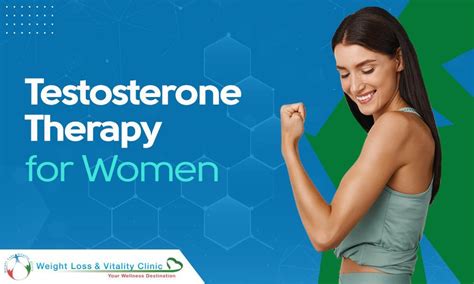
Essential Nutrients and Where to Find Them
Several vitamins and minerals are directly linked to healthy testosterone production. Ensuring an adequate intake of these is a foundational diet hack.
Zinc: The Mineral Powerhouse
- Why it matters: Zinc is crucial for testosterone production and helps prevent its conversion to estrogen.
- Dietary sources: Oysters are famously high in zinc. Other great sources include red meat (especially beef), poultry, beans, nuts (like pumpkin seeds and cashews), and whole grains.
- Hack: Aim to include a zinc-rich food daily, such as a handful of pumpkin seeds as a snack or a lean beef meal a few times a week.
Vitamin D: The Sunshine Vitamin
- Why it matters: Research shows a strong correlation between healthy Vitamin D levels and higher testosterone. It’s often more of a pro-hormone than a vitamin.
- Dietary sources: Fatty fish (salmon, mackerel, tuna), fortified milk and cereals, and egg yolks.
- Hack: While sunlight is the primary source, incorporate fatty fish into your diet 2-3 times a week. Consider fortified foods if sun exposure is limited.
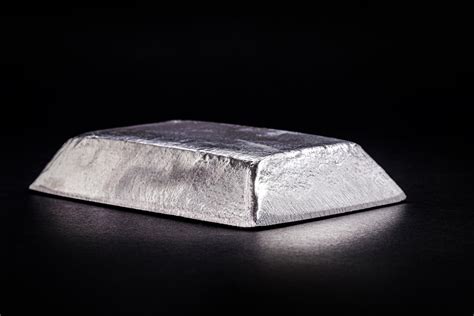
Magnesium: The Muscle Relaxer and Hormone Helper
- Why it matters: Magnesium helps reduce oxidative stress and supports free testosterone levels by reducing its binding to sex hormone-binding globulin (SHBG).
- Dietary sources: Dark leafy greens (spinach, kale), nuts (almonds, cashews), seeds (flax, chia), legumes, avocados, and dark chocolate.
- Hack: Add a serving of spinach to your breakfast smoothie or incorporate a handful of almonds into your daily snack routine.
Healthy Fats are Your Friends
Don’t fear fats! Healthy fats are vital for hormone production, including testosterone. Your body needs cholesterol, a type of fat, to synthesize steroid hormones.
Monounsaturated and Saturated Fats
- Why it matters: These fats provide the necessary building blocks for hormone synthesis.
- Dietary sources: Avocados, olive oil, nuts (macadamia, almonds), and coconut oil. Saturated fats from grass-fed red meat and eggs are also beneficial in moderation.
- Hack: Drizzle olive oil on your salads, snack on avocados, or include a handful of mixed nuts daily.
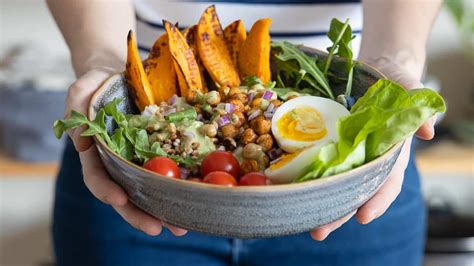
Foods to Embrace Regularly
Beyond specific nutrients, focus on a whole-food, nutrient-dense diet.
- Cruciferous Vegetables: Broccoli, cauliflower, cabbage, and Brussels sprouts contain indole-3-carbinol, which helps reduce estrogen levels, thus potentially increasing the ratio of testosterone.
- Onions and Garlic: Studies suggest these alliums may support testosterone production and improve overall male reproductive health.
- Berries and Antioxidant-Rich Foods: Blueberries, strawberries, and other colorful fruits and vegetables combat oxidative stress, which can negatively impact hormone levels.
- Ginger: This root has shown promise in some studies for improving testosterone levels and fertility in men.
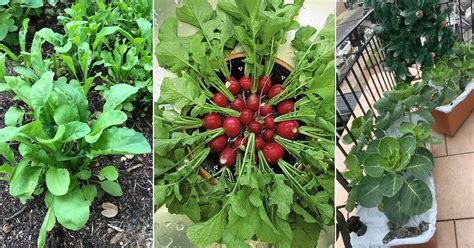
Foods to Limit or Avoid
Just as important as what you eat is what you *don’t* eat. Certain foods can have a detrimental effect on testosterone levels.
- Excessive Sugar: High sugar intake can lead to insulin resistance and obesity, both of which are linked to lower testosterone.
- Processed Foods: Often high in unhealthy fats, sugar, and sodium, processed foods offer little nutritional value and can disrupt hormone balance.
- Alcohol: Chronic heavy alcohol consumption can significantly impair testosterone production.
- Soy Products (in excess): While moderate soy intake is generally fine, high consumption of soy (especially unfermented) may have estrogenic effects in some individuals due to phytoestrogens.
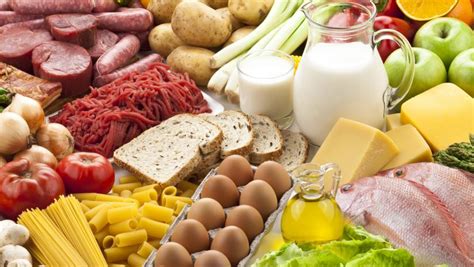
Putting It All Together: Daily Hacks in Practice
Implementing these hacks doesn’t require a complete overhaul overnight. Start small:
- Breakfast Boost: Add eggs (yolks included!) for Vitamin D and healthy fats, or a spinach and berry smoothie for magnesium and antioxidants.
- Lunch Power-Up: Opt for lean red meat or salmon with a generous side of cruciferous vegetables.
- Snack Smart: Grab a handful of pumpkin seeds, almonds, or an avocado.
- Hydrate Wisely: Drink plenty of water and limit sugary beverages.
- Spice it Up: Incorporate ginger and garlic into your cooking.
Conclusion
Naturally boosting testosterone levels through diet is an accessible and powerful approach to enhancing men’s health. By focusing on nutrient-dense whole foods, ensuring adequate intake of key vitamins and minerals like zinc, Vitamin D, and magnesium, and limiting detrimental processed foods and excessive sugar, men can actively support their hormonal balance. These daily diet hacks are not just about testosterone; they contribute to overall vitality, better energy, and improved well-being, paving the way for a healthier, more robust life.









